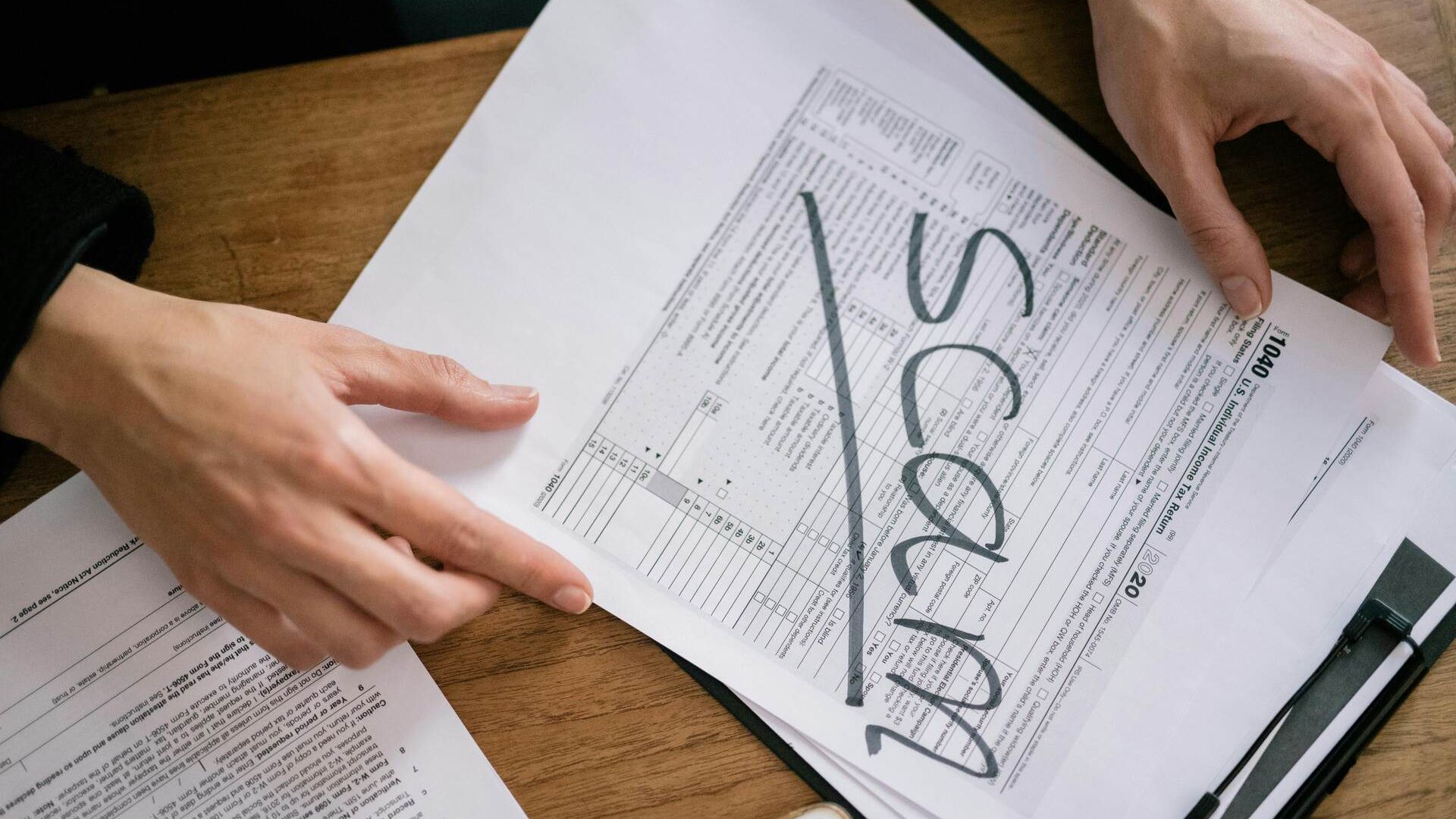
In recent years, scammers posing as the IRS have increasingly targeted taxpayers through various channels. Understanding how the IRS communicates and recognizing red flags can help you protect yourself from these deceitful tactics.
How the IRS Communicates with Taxpayers
The IRS typically uses several methods to contact taxpayers, but there are distinct ways they do this:
- Mail: The IRS will send a letter or notice via postal mail before initiating any other contact.
- Phone Calls: After sending a notice, the IRS might call you to discuss your tax situation. However, they will not use pre-recorded, urgent, or threatening messages.
- Online Communication: The IRS does not send unsolicited emails, text messages, or social media messages.
Red Flags of IRS Scams
Scammers often impersonate the IRS to trick individuals into providing personal information or making payments. Here are some common scam tactics and warning signs:
- Phishing Emails: Fraudulent emails may appear to be from the IRS and often contain links to fake websites designed to steal your information.
- Fake Social Media Accounts: Some scammers create fake IRS social media profiles to send messages about nonexistent tax credits or refunds.
- Text Messages: Be wary of text messages claiming you’ve qualified for a tax refund or stimulus payment, as these are often scams.
What to Do if You Receive Suspicious Communication
If you receive communication that seems suspicious or unexpected, take the following steps to verify its authenticity:
- Check Your IRS Online Account: Log in to your secure IRS account to view any notices or letters the IRS has sent you.
- Contact IRS Customer Service: Reach out to IRS customer service to confirm whether the communication is genuine.
- Examine the Letter or Notice: Confirm that collection notices from private agencies match the Taxpayer Authentication Number found in your IRS notice.
Warning Signs of a Scam
Here are some signs that a communication may be fraudulent:
- Grammar and Spelling Errors: Scammers often use poor language and incorrect spelling.
- Suspicious Links or Attachments: Verify that the URL is correctly spelled and matches official IRS web addresses, which always end in irs.gov.
- Threatening Requests: Be cautious of urgent demands for immediate payment or requests to follow links or open attachments.
Protect Yourself from IRS Scams
By staying informed and vigilant, you can better protect yourself from IRS scams. Always verify any unexpected communication through official IRS channels and be cautious of any unsolicited requests for personal or financial information.
For more information on how to recognize and report IRS scams, visit the IRS website or contact their customer service for assistance.
